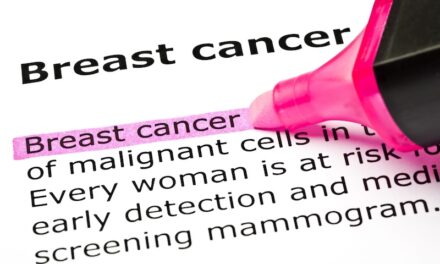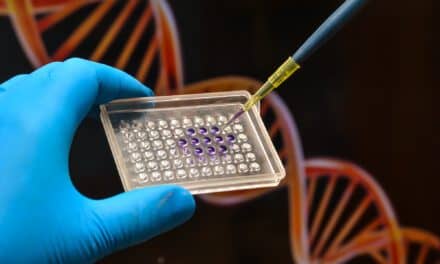As part of their regular breast health screening, many women are routinely tested for the BRCA1 and BRCA2 mutations, which are known contributors to breast cancer. Now health providers are advising women be tested for a lesser known, but as dangerous mutation — PALB2.
Anyone who gets a genetic test for breast cancer now will likely be screened for PALB2 mutations, which were found in 2014 to significantly raise breast cancer risk. But many patients screened before 2014 were not tested for it and may have a false sense of security if they were found to be free of the BRCA mutations, breast cancer experts said.
Even now, few patients have heard of the gene, while BRCA is familiar to many.
“Hereditary breast cancer risk assessment needs to go beyond BRCA1 and BRCA2 and include genes like PALB2,” said Dr. Peter Hulick, medical director of the Mark R. Neaman Center for Personalized Medicine at NorthShore University HealthSystem in Evanston, Ill. “Raising awareness with physicians and patients is critical, otherwise patients are getting an incomplete genetic assessment.”
To read the full article at The New York Times.
Featured Image: Yee Xin Tan | Dreamstime.com





